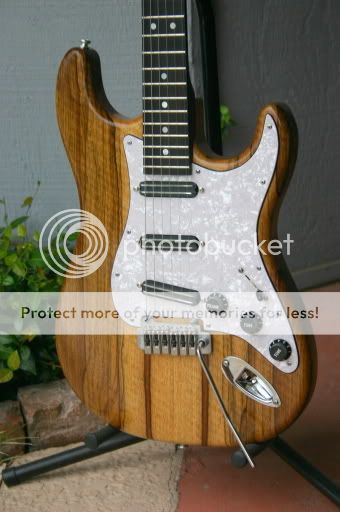Yep to some degree, if ya want Fender sounds, low output single coils, Maple necks, Alder /Swamp Ash bodies, ....for Gibson sounds medium output Paf pickups, Mahogany neck and Rosewood fingerboards with Mahogany bodies, light or heavy depending on era your trying to recreate.
Ibanez try Bass wood bodies, Walnut/Maple Neck with Ebony fretboard......
For Starters....
Ibanez try Bass wood bodies, Walnut/Maple Neck with Ebony fretboard......
For Starters....





